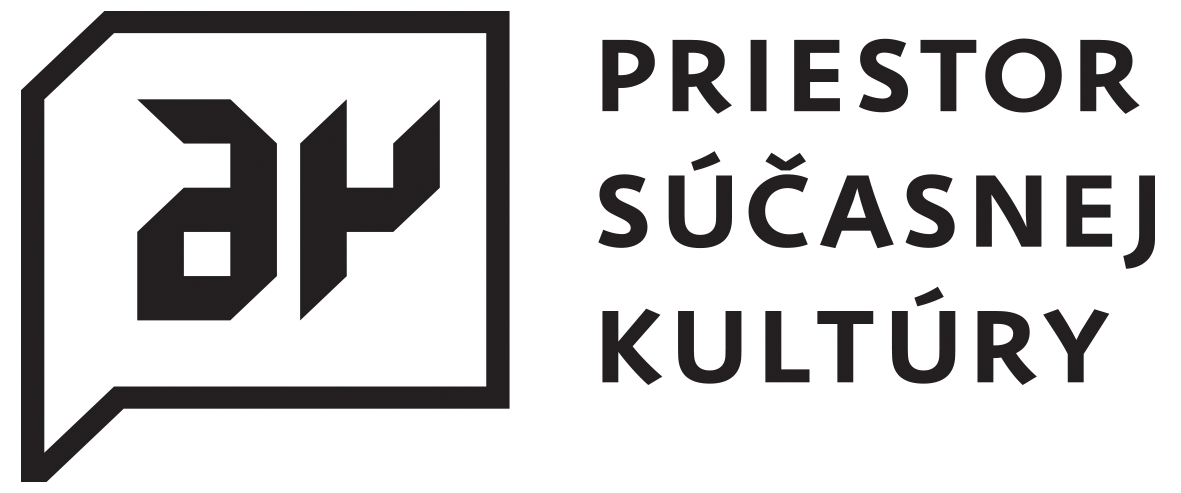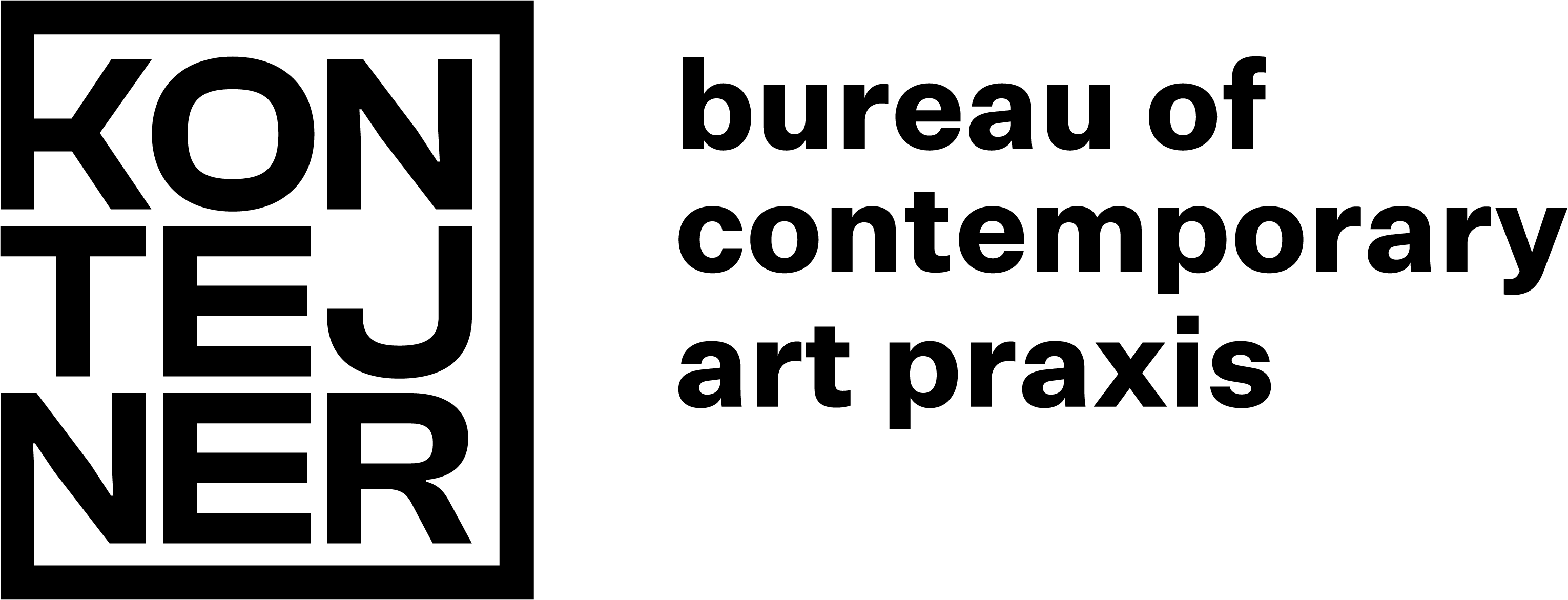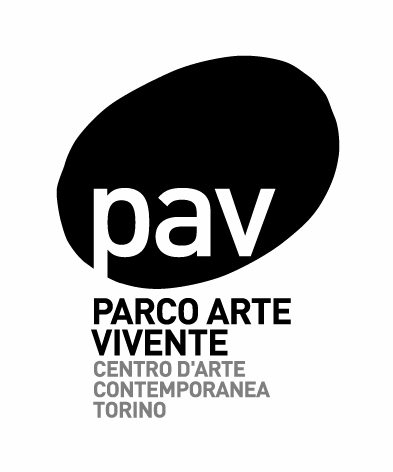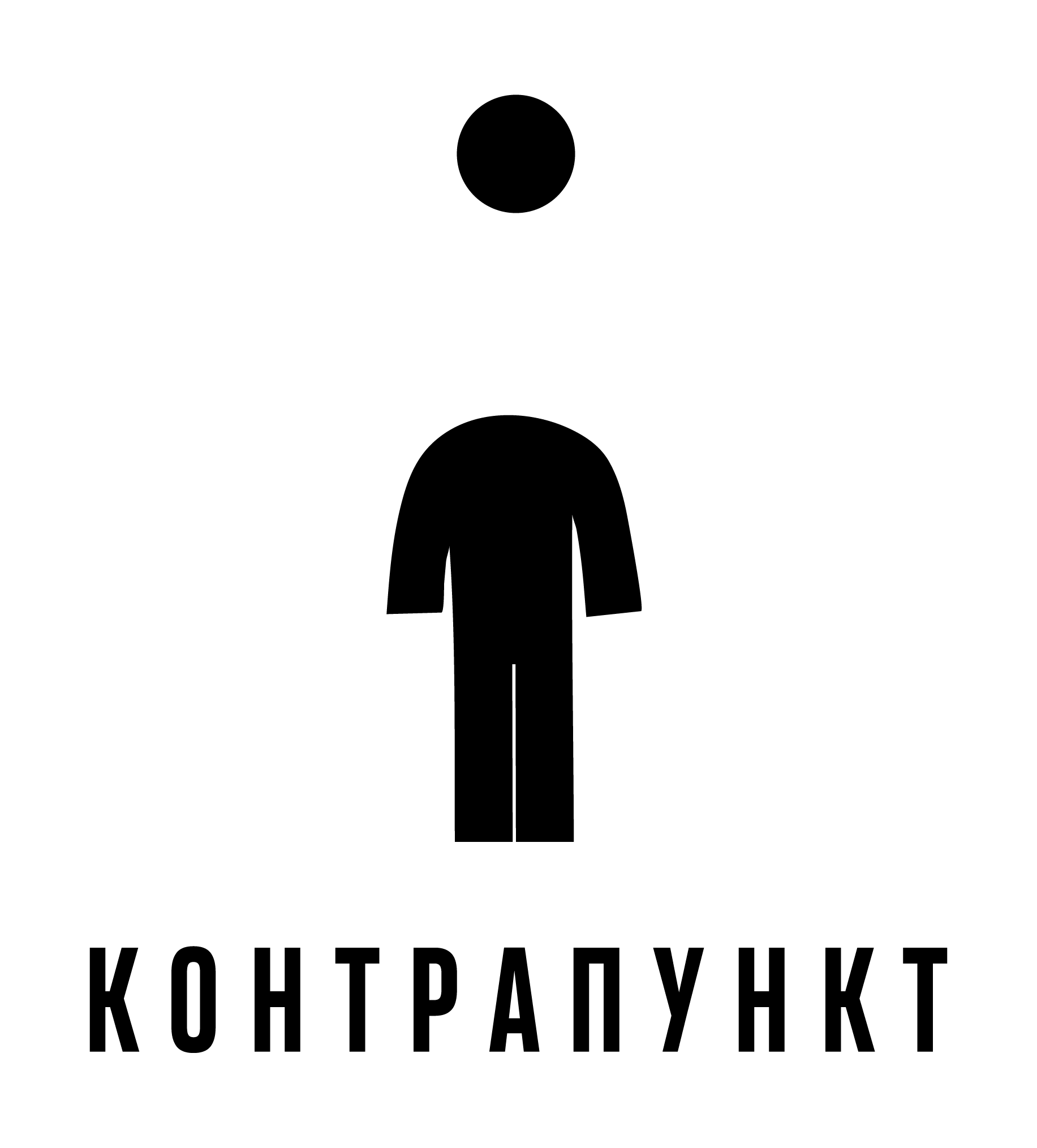Wherever we are We are what is missing – Rupert AEP performance programme
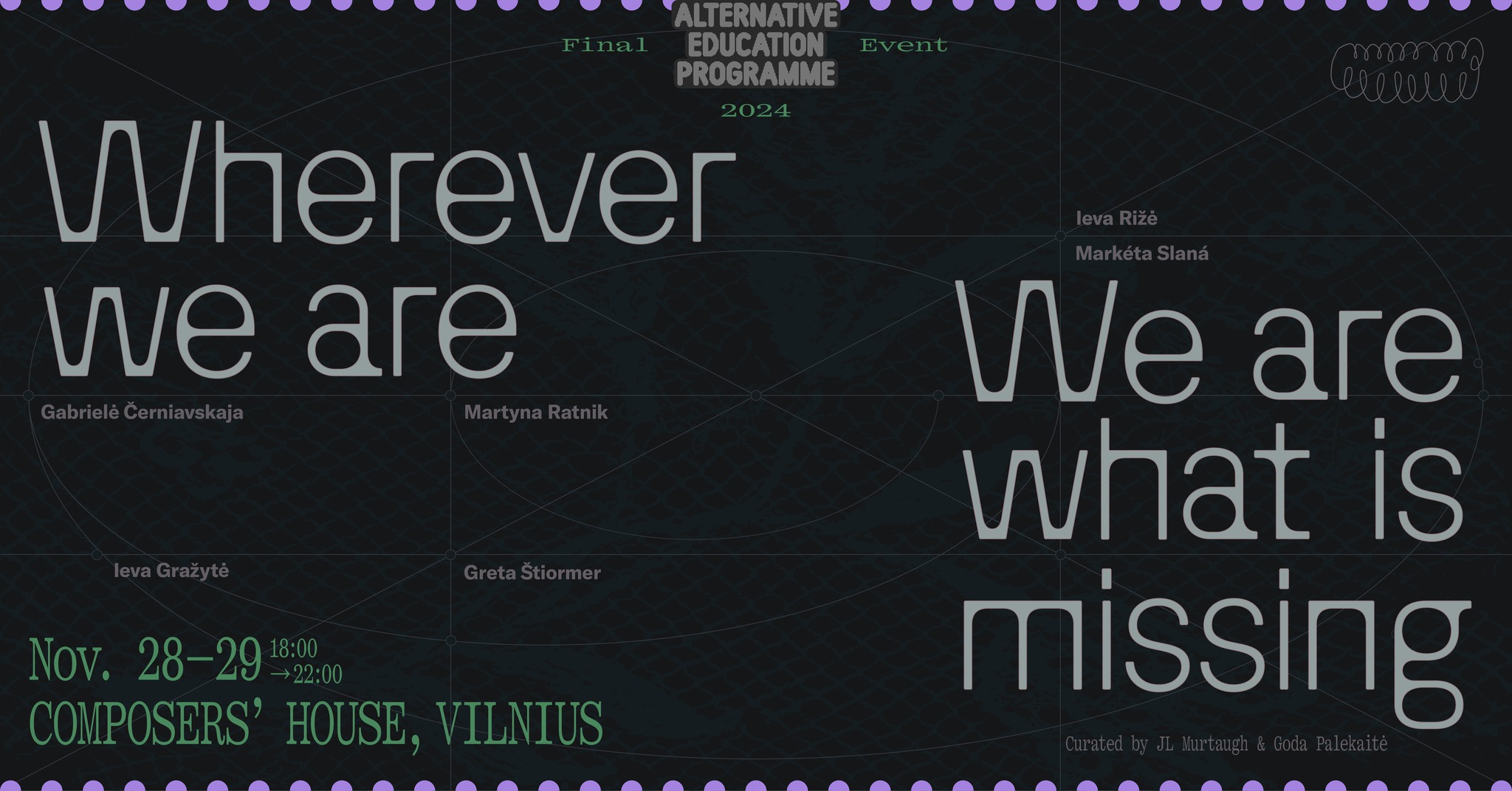
On 28-29 November, the Composers’ House in Vilnius will host a two-day performance programme as the final event of the Rupert Alternative Education Programme. This is the first time that the AEP participants will present themselves in a programme exclusively dedicated to sound, text and performance. The first issue of Rupert Journal in print will accompany the event and will be available during the event.
Date: 28 & 29 November, 6-10pm.
Afterparty 29 Nov, 10pm-3am.
Location: Lithuanian Composers’ House (A. Mickevičiaus str. 29, Vilnius).
Rupert AEP 2024 participants: Samuel Barbier-Ficat, Donna Marcus Duke, Gabrielė Černiavskaja, Ieva Rižė, Ieva Gražytė, Markéta Slaná, Martyna Ratnik and Greta Štiormer.
Curated by JL Murtaugh & Goda Palekaitė.
One morning in late October in Marseille, it’s so warm that we’re still wearing t-shirts. We grab espressos to go, squeeze onto a crowded bus, and hurry through the quartiers nord to reach the entrance of a warehouse-like building. Bullet holes stipple the concrete walls. There’s no sign, but someone opens the door—they’ve been waiting for us. We’ve arrived at Le Polygone Étoile, the ‘star polygon’. Behind this enigmatic name lies a community of radical care and transparency. For twenty years, this experimental cinema space has created, shared, and discussed film with some of the city’s most vulnerable residents—the inhabitants of the quartiers nord, an area even the police do not enter. Triangle-Astérides, our hosting institution, is also located in the north, at La Friche la Belle de Mai, a former tobacco factory. The majority of that factory’s workers have historically been children—their tiny fingers were more suitable for rolling cigarettes.
It’s no coincidence that the epicentre of this year’s Rupert Alternative Education Program became its two-week residency in Marseille. This is a city of contrasts, radically Mediterranean—dazzling, unsettling, charming, desperate, inspiring, exhausting, decadent. In its lush, wealthy outskirts, we cross paths with wild boars and foxes. In the noisy city centre, the dealers operate around the clock with the backdrop of French colonial grandeur, now covered in the slurry of social segregation. This place is all about identity, displacement, memory, grief, illness, addiction, upbeat tempos, cacophony, uncanniness, wealth, legacy, delusion—and hope. These are all keywords suited to the practices of this year’s AEP participants.
And yet, the sun is always shining. Marseille welcomes us, as it has long welcomed people seeking answers. Etel Adnan (1925–2021), who once wrote, “Wherever I am, I am what is missing” in her poem The Arab Apocalypse (1980), also lived here. Her Lebanese voice of loss, destruction, and hope, echoes in our present moment. It is easy to lose sight of the world and focus on cultural funding results or art-bubble gossip while sitting in a Scandinavian-style riverside artist residency. This is precisely why we must step outside that frame—to return to wherever ‘home’ is for us, with fresh, perhaps even aching eyes, and a broader, decentralised field of vision. This is what we consider education.
Wherever we are We are what is missing is not only an homage to Etel Adnan, Marseille, and the extremes of today’s world. It’s also a riddle, an invitation to embrace the ephemeral, to disappear in the haze, to sing publicly for the first time.
It is a deliberate choice to hold this final event for the 2024 Rupert AEP in the Composers House, the home of the Lithuanian Composers Union and a landmark dating back to a difficult history. It is a monument to idealism in the face of tyranny, the power of creative voices, the value of collective labour, and a domestic sanctuary that welcomes all visitors. We could not imagine a more appropriate location in Vilnius for the practices of this year’s artists. This venue bears significant meaning for the role of public institutions, the importance of artistic process, and the politically fraught moment where we all stand, simultaneously, as witnesses and participants.
You might find yourself, like Greta Štiormer, reinterpreting lines and filling the gaps in the Epic of Gilgamesh, one of humanity’s oldest surviving literary works. Written on clay tablets in ancient Mesopotamia, most of the epic poem is missing. Greta’s practice delves into queer grief and community-building, using Gilgamesh’s incomplete format as a scaffold for performed hermeneutics apprehended through homoerotic experiences.
Or, like Markéta Slaná, choreographing a ballet of robotic creatures, perpetually cleaning the house. Marketa’s humorously banal scenarios explore the interplay between the grotesque post-human body, meta-irony, and the transformative potential of digital mysticism.
How do we assign value to labour and representation, for example in the arts? Marketa and Ieva Gražytė assembled a collection of songs and sounds representing money, spinning endlessly on a compact disc like the wheel of fortune—a hyper-pop mix including computer game soundtracks, TV series themes, and bitcoin mining. They emphasise the siren charms of capital exchange through post-Marxist sarcasm.
This is Ieva’s G. expertise—as an analytical writer on the commodification of value in the arts, spirituality, and finance. Her Theory of Care is embodied in a sentimental piece of family property—a carpet her mother won at a casino while pregnant with Ieva. This work is a reminiscence of the dystopian times of scarcity in 1990s Lithuania, as the country experimented with the value of goods, property, and laws. Wherever we are now, aren’t we nostalgic for that radical unknown that went forever missing?
Martyna Ratnik, too, is busy with memory or the blank spaces within it. She narrates absence, displaces the centre-periphery of historical discourse, and trivialises politics in ways that reveal its absurdity. In her poetic piece, She’s waiting for the sunset, the love and life story of Martyna’s Babushka is distilled into a single page and a short 16 mm film, transforming a family archive into a grand narrative that captures the bizarre forms of oppression under Soviet ideology.
A multimedia artist and musician, Samuel Barbier-Ficat knows the conceptual freedom of hybridisation between disciplines. In a concert with, and for, the wrapped grand piano, he performs the role of a conductor interpreting the classical format as a spectacle. Confounding audience expectations and prescribed forms of performance, he confronts the inevitable twin pressures of personal fate and societal tradition, placing himself on the brink of disaster yet striding confidently and purposefully toward the unknown.
In manifesting her quest to understand the life of Charlotte Bach, a mercurial personality, radical thinker, and challenging political contradiction, Donna Marcus Duke possesses powerful courage, composure, and energy. Her aptitudes in theatre, communication, and writing are critical investigatory tools to commune with a complicated character in Bach; who believed she would receive the Nobel Prize for discovering that transness is the driving force of evolution. In her performance lecture, Donna previews their own Nobel Prize laureate speech, given Bach’s posthumous ineligibility.
Vulnerability and affliction are critical mediums for Ieva Rižė, straining the limits of her autobiographical voice and personal fiction as mortal prompts to stimulate repressed intentions, beliefs, and actions. Is rehearsing self-love enough to yield equivalent pleasure? As our bodies and minds struggle to adapt to social media and artificial intelligence, is ‘fake it until you make it’ a viable strategy or a recipe for emotional collapse?
Gabrielė Černiavskaja works with exposure conditions and intimate voices in crippled space. Grounded in architectural practice, she probes the spatial consequences of addiction and dependence, at personal and societal levels. For Gabrielė, spaces are bodies, with a nervous system affected by habit and substance. Our psychological and physiological responses to these normally disregarded margins reinforce how social dynamics are collectively actualized.
These two days of events at the Composers House are an enthusiastic conclusion to the 2024 AEP programme. Its prelude was a public presentation on Marseille-based Ola Radio, where the participants explored ways to translate their research into sound alone, collaboratively composing a three-hour live program. However, this coda arises only after six months of forging a community of trust built from the moment of their arrival.
Our initial, informal meeting in Vilnius the night before the programme officially commenced was cautious and tentative, like in all new relationships. Several international participants were still in transit. Surprisingly, even the Lithuanian contingent did not yet know one another well. However, it was clear from those first moments that the intangible qualities and potential vibrations we hoped to see from this group were already beginning to crystalise.
Assembling in the railway station early the following morning, the remainder of the participants arrived. With each person’s appearance, our momentum began to gather. A long, noisy train journey followed, deep into the countryside. We exchanged coffee and introductions in a mobile housewarming party blended with a game of musical chairs.
We spent the next few days at the Žeimai Manor House cooking, walking, and introducing each participant’s practice and research topics. Here, the resonances we’d recognised in their proposals, and hoped to cultivate over the months ahead, became immediately tangible.
The group is remarkable in its unquestioned openness, communication, honesty, and support. They transformed quickly from a gathering of individuals to a functioning cooperative, all while retaining and refining their unique identities. It’s fair to say it’s been an unusual time for the AEP—and Rupert in general—but these artists’ resilience, optimism, and realism give us energy for education’s purpose and the future of artistic work.
It’s in this spirit we present Wherever we are We are what is missing, a meditation on the distinct practices of these artists and a reflection of their communal dynamism and thematic fluidity. These two days invite you to join the group in their temporary home, to share their emotions and hope. Here is a provocation of intimacy and frankness, a pronounced resistance to weaponised fear, despondence, and ethical vacancy.
Exhibitions, publications, films, and performances are not singular or isolated, they are points on a continuum. This event is not a conclusion, it’s a statement of intent.
Location
Vilnius (LT)
Partner Organisation
Event category







